Team
Rainer is the head of the Ethics and critical theories of AI research group at the Institute of Cognitive Science at the University of Osnabrück. As a working group we develop new approaches for a contemporary critical philosophy of the digital, using our colloquium for regular discussions.
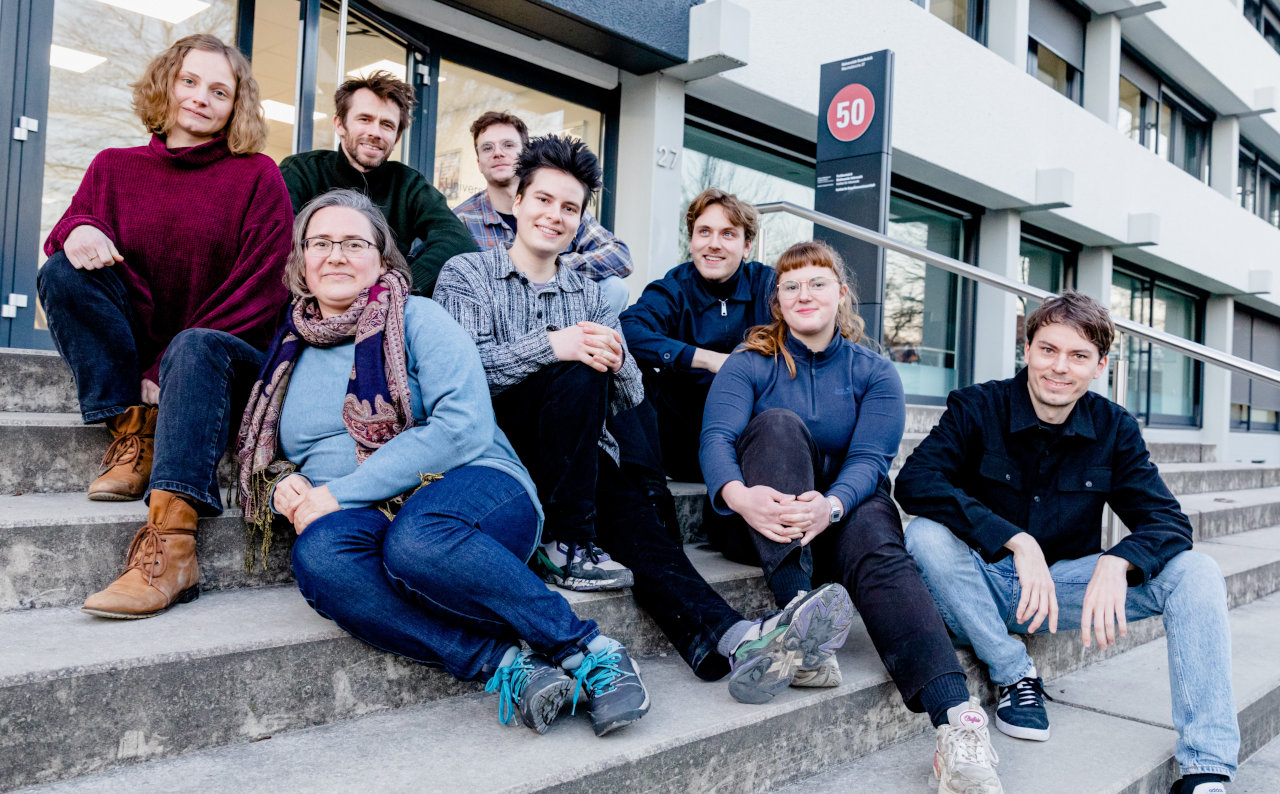 Photo: Simone Reukauf
Photo: Simone Reukauf
Team culture and mentoring
Our research group offers excellent students and doctoral candidates an inspiring environment for critical philosophy, ethics and social theory of the digital society – for example, in the context of bachelor’s and master’s theses as well as doctoral projects.
Together, the team contributes to the teaching program on the Ethics of AI offered at the University of Osnabrück. Our courses are generally held in English and mostly in hybrid formats (combining online/offline), so that they are also accessible to external guests.
An inclusive working atmosphere, gender equality, and consideration of the needs of young scholars with children are particularly important to us.
Members
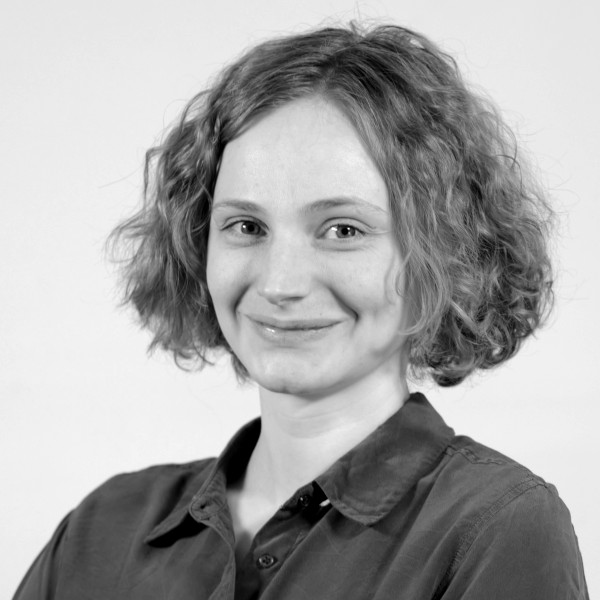
Nora Freya Lindemann
Nora is a research assistant and PhD student in the Ethics and Critical Theories of AI research group at the Institute of Cognitive Science at the University of Osnabrück. Working with critical theories of the digital, feminist science and technology studies, and post-anthropocentric theory, her research focuses on the individual and collective implications of social chatbots and language technologies. In her dissertation, she develops a post-anthropocentric, power-aware ethics of chatbots. Trained in Cognitive Science and Liberal Arts and Sciences, she has a highly interdisciplinary background in critical theories, gender and critical race studies, science and technology studies, as well as neuro and data ethics.

Paul Schütze
Paul is a research assistant and doctoral student in the Ethics and Critical Theories of AI research group. In his current research and teaching he is interested in the societal impacts and ethical challenges of digital technologies as well as in social philosophy of the climate crisis. Particularly, in his PhD thesis he is interested in how AI technologies are structurally connected to the climate crisis. His work focuses on critical social philosophy, ethics of artificial intelligence, philosophy of the climate crisis, philosophy of technology and media studies.

Jan-Philipp Siebold
Jan-Philipp Siebold is a research assistant in the Ethics and Critical Theories of AI research group at the Institute of Cognitive Science at the University of Osnabrück. After finishing his BA in Liberal Arts and Sciences with a specialisation in Political Philosophy, Social Philosophy as well as Cultural and Media studies, he is currently completing his MA in Philosophy at the Freie Universität Berlin. His research focuses on French Social Philosophy, Critical Theory and Philosophy of Technology with a special interest in power, subjectivity and affectivity in digital media cultures and AI systems.

Annemarie Witschas
Annemarie has been a member of the research group since 2021. With an interdisciplinary background in Cognitive Science, her expertise encompasses both AI and critical philosophy. Her interests include various power differentials in the digital realm, ranging from the impact of AI technologies in pornography, to exploring how AI discourse impacts emancipatory collective futures thinking. She currently works in our MWK-funded project “Predicted Futures?”, in which she collaborates with several cultural institutions and local high schools, bridging critical research and public outreach. She is further pursuing an additional Master’s degree in Degrowth at the Universitat Autònoma de Barcelona, as an opportunity to dive deeper into anti-colonial theories and post-capitalist economics.

Anna Kraher
Anna Kraher is a research assistant in the Ethics and Critical Theories of AI research group at the Institute of Cognitive Science at the University of Osnabrück. Her research and artistic practice focus on power dynamics within technologies, especially on the relationships between predictive analytics, temporalities, and just futures. She studied Design & Computation, Computer Science and Gender Studies in Berlin.
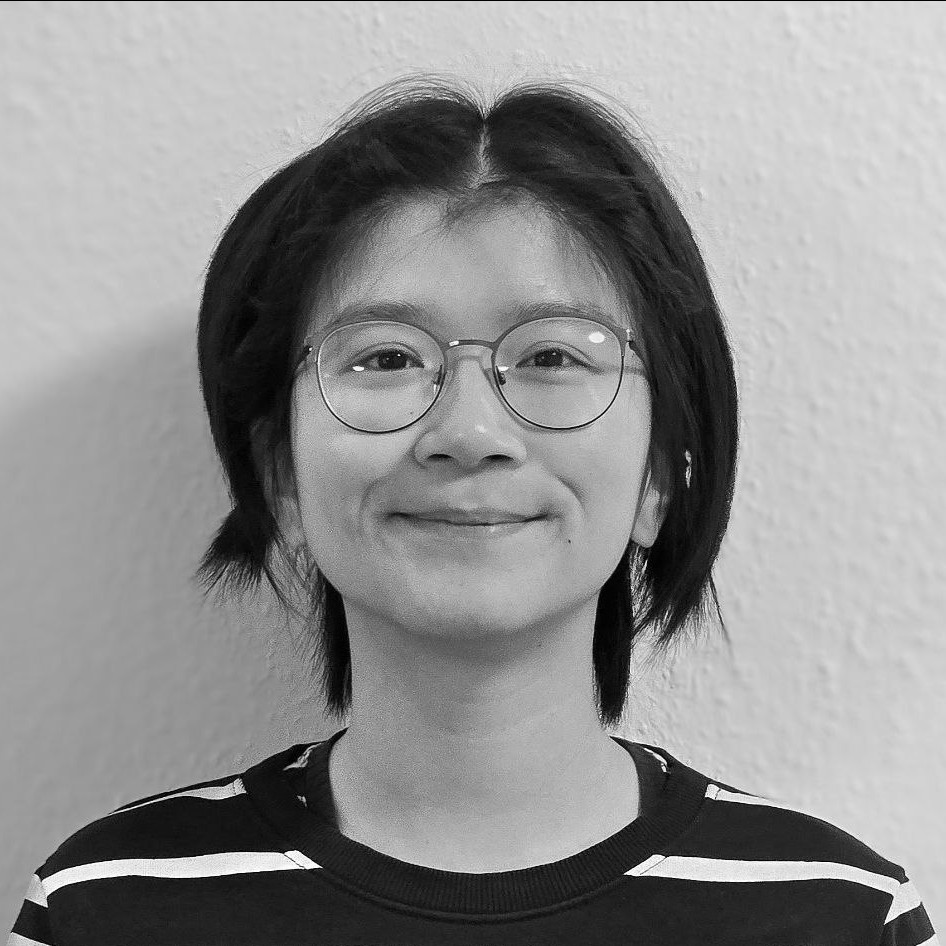
Lay Vu
Lay is a student assistant in the research group Ethics and Critical Theories of AI at the Institute of Cognitive Science at Osnabrück University, where Lay also completed a bachelor’s degree. Lay’s bachelor’s thesis explored processes of subjectivation within the context of generative AI designed and used for artistic purposes. In the master’s program in Cognitive Science, Lay critically examines ethical and philosophical questions concerning digital media and AI from a feminist perspective.

Sean Quägwer
Sean is a research assistant in the Research Group on the Ethics of AI at the Institute of Cognitive Science at Osnabrück University. After completing a master’s degree in philosophy, he is now pursuing a master’s degree in cognitive science. His interests focus on feminist ontology, science and technology studies, and postmodern theories of (digital) societies. With his background in philosophy, English studies, and cognitive science, he has a broad foundation in critical social philosophy. In his current position, he is primarily working on digital fascism as well as the broader topic of AI and education.

Hedye Tayebi Jazayeri
Hedye is a student assistant in the Ethics and Critical Theories of AI research group at the Institute of Cognitive Science at the University of Osnabrück. She is pursuing her Master’s in Cognitive Science, focusing on how philosophical and scientific discourses intersect with questions of social justice. She is particularly interested in the critical examination of AI technologies through a feminist lens.
Secretariat

Andrea Katz
Andrea works as a secretary in the Ethics and Critical Theories of AI research group. Originally, she completed a professional training in banking and has been working in the administrative service of the Osnabrück University since 2019.
Former members
Melissa Schnabel

Marte Henningsen

Elena Herold

Jonas Niehus
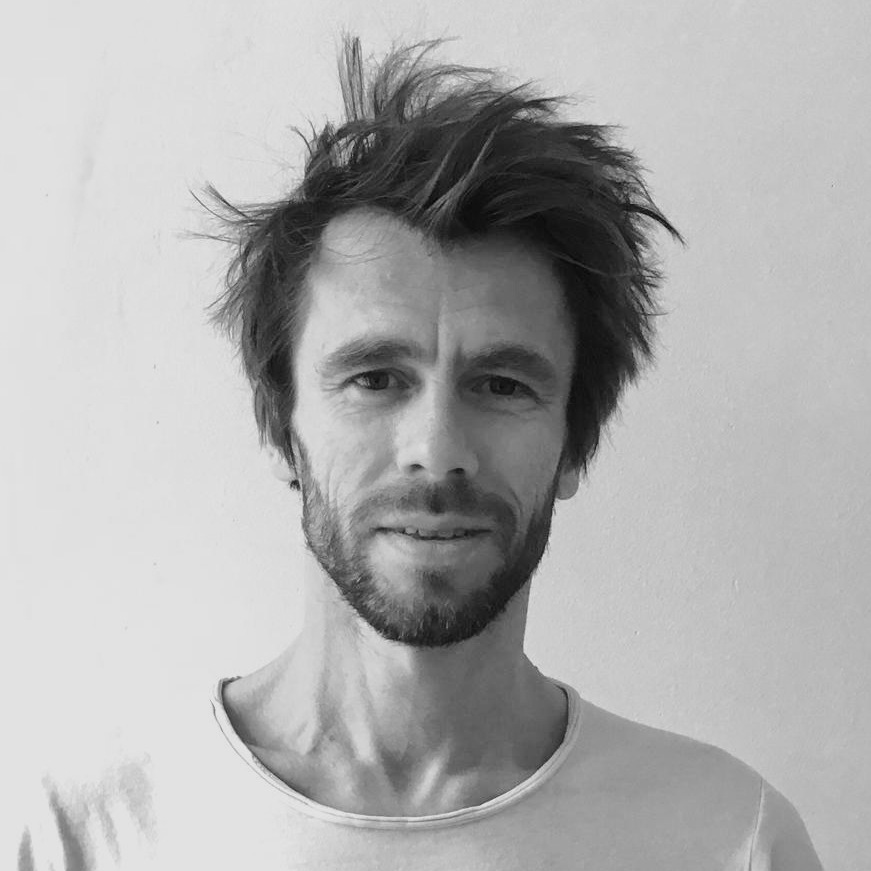
Gert Goeminne

Jona Lemke

Corinna Balkow

Anastasija Kocic

Per Gülzow
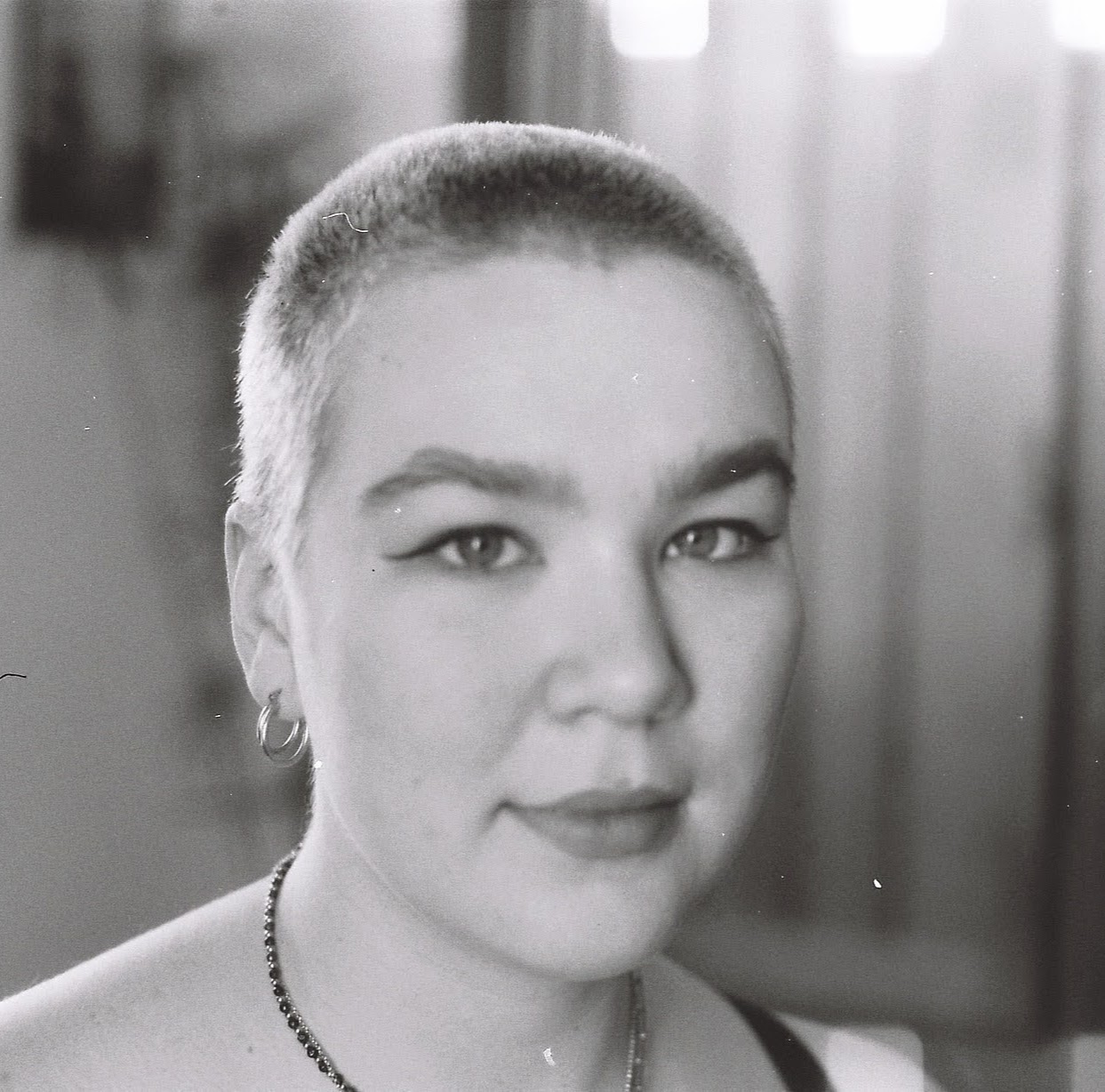
Karla Baublys

Martin Pechmann

